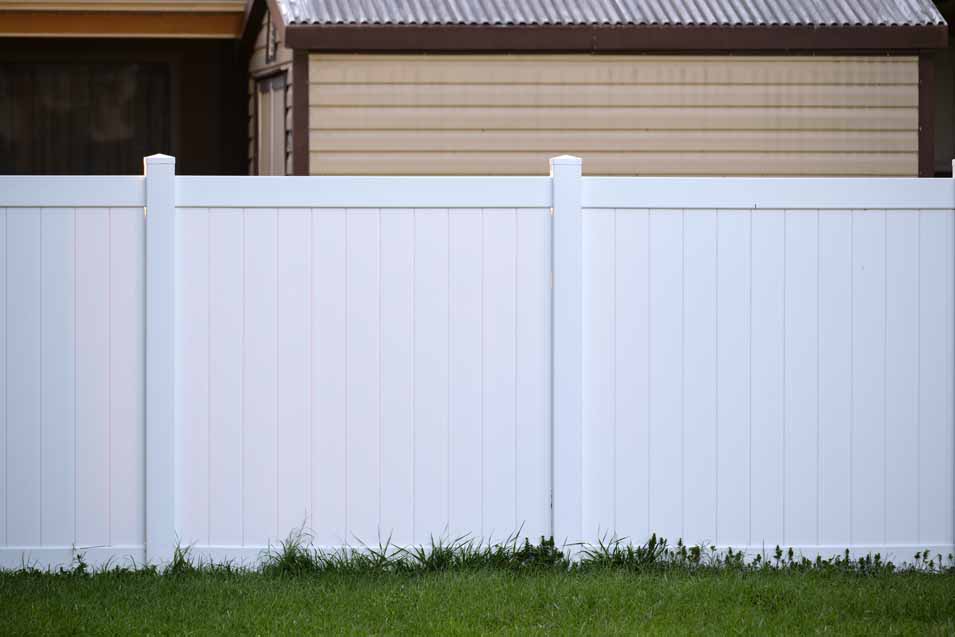When it comes to enhancing the security and privacy of your property, installing a fence is often the best solution. A fence not only serves as a physical barrier but also adds aesthetic appeal to your home. However, with numerous options available, finding the perfect fence for your property can be a daunting task.
Purpose
Before selecting a fence, determine its purpose. Are you looking for privacy, security, or simply a decorative element? Understanding your needs will help narrow down the options to choose the right type of fence for any need. For privacy, a solid wood or vinyl fence would be suitable. For security, a chain-link or wrought-iron fence with pointed finials can be effective.
Material
Fences come in various materials, each with its own advantages and disadvantages. Wood is a popular choice due to its natural beauty, but it requires regular maintenance. Vinyl is low-maintenance and comes in different styles and colors. Metal fences like aluminum and steel are durable but may require more upfront investment. Consider the pros and cons of various types to determine the right material.
Style and Design
Consider the architectural style of your home when selecting a fence. A picket fence complements traditional and cottage-style homes, while a modern home might look best with a sleek metal or glass fence. Ensure the fence design harmonizes with the overall aesthetics of your property.
Maintenance
Some fences require more upkeep than others. Wood fences need staining, sealing, and occasional repairs. Vinyl and metal fences, on the other hand, are relatively low-maintenance and require only occasional cleaning. Consider the time and effort you are willing to invest in maintaining your fence.
Local Regulations
Check with your local authorities and homeowner’s association about any restrictions or regulations regarding fence installation. They may have guidelines on height, materials, and location. Adhering to these regulations will save you from potential legal issues in the future.
Budget
Determine your budget before choosing a fence. The cost of installation and materials varies greatly depending on the type of fence. Keep in mind that while some fences may have higher upfront costs, they could save you money in the long run due to reduced maintenance or increased property value.
Climate Considerations
Your climate can affect the durability and lifespan of your fence. In areas with high humidity or frequent rainfall, wood fences may be prone to rotting. In windy regions, a solid fence may be more susceptible to damage. Consider these factors to ensure your fence can withstand the local weather conditions.
Neighbor Relations
If your fence will be adjacent to a neighbor’s property, it’s essential to communicate with them and consider their preferences. Building a fence that both parties agree upon can prevent any potential disputes.
Professional Installation
Depending on the complexity of the fence design, it may be beneficial to hire professionals for installation. They have the necessary expertise and equipment to ensure the fence is properly installed, saving you time and potential headaches.
Finding the perfect fence for your property requires careful consideration of these factors. Take your time to research and explore different options. Remember, a well-chosen fence not only enhances the security and privacy of your property but also adds value and beauty to your home for years to come.






